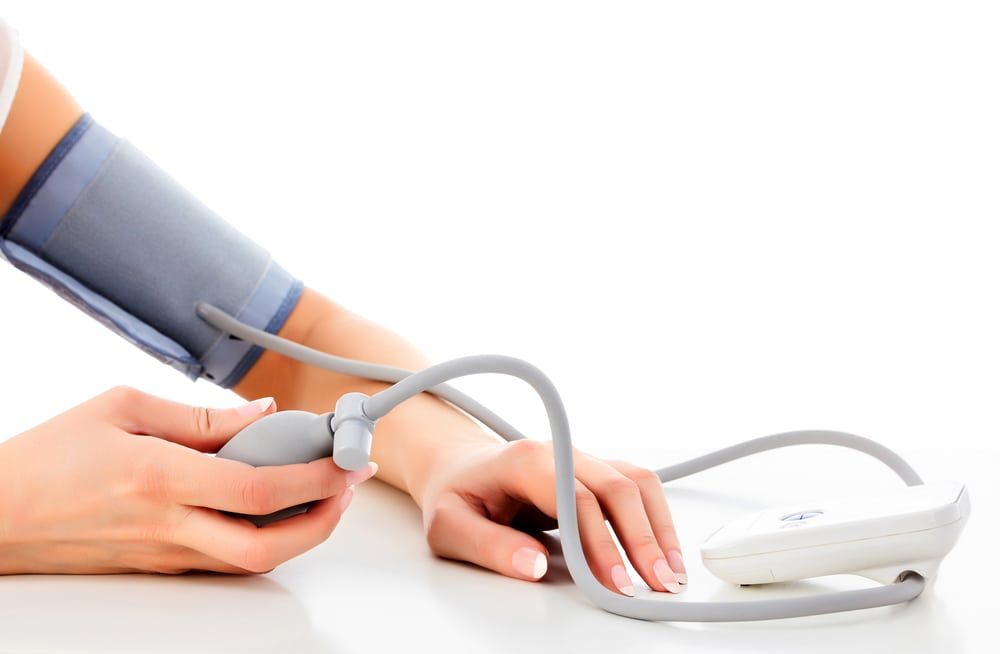High blood pressure, or hypertension, is the condition in which there is a strong force of blood being pumped through the body. This leads to wear and tear on the heart and arteries. Over time, high blood pressure can lead to serious health conditions like heart disease and strokes.
Did you know…
People that have high blood pressure may not have symptoms for many years, although damage to the heart and arteries will still occur without symptoms. Long term high blood pressure increases your risk for other serious health conditions like heart disease, heart attacks, and strokes.
One risk factor is being overweight; the more a person weighs, the more blood must circulate the body which increases pressure. Another risk factor is tobacco use, because tobacco can damage the artery walls and make them narrower. Eating a diet that is high in salt will also increase the risk of high blood pressure, because salt will cause the body to retain fluid. Lastly, heavy use of alcohol will damage the heart and increase blood pressure.
The best ways to prevent high blood pressure is to maintain a healthy diet, exercise often, limiting alcohol consumption, and avoiding tobacco use.
Oftentimes, blood pressure screenings are conducted as part of a routine medical appointment. The blood pressure test measures the pressure of blood being pumped by the heart, through the arteries. Adults should receive a blood pressure test at least once every other year.

